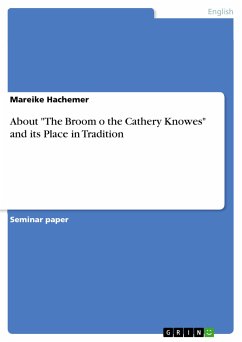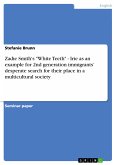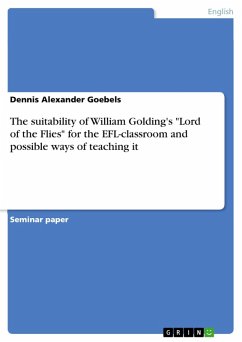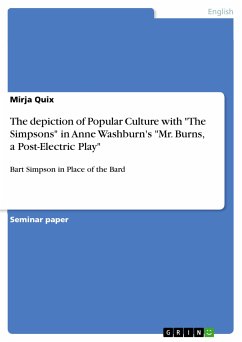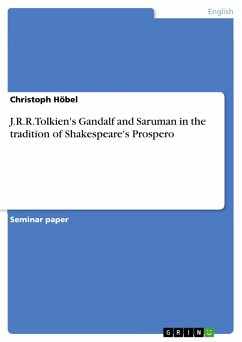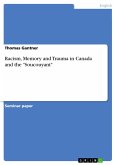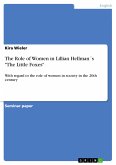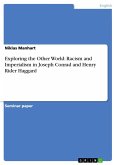Seminar paper from the year 2003 in the subject English Language and Literature Studies - Literature, Johannes Gutenberg University Mainz, language: English, abstract: Throughout centuries English and Scottish ballads have reached a great audience, being a link between generations, since they have always been orally transmitted. One of these ballads is "The Maid Freed from the Gallows," Child 95. Eight different variations of this ballad are mentioned. For instance, "The Broom of the Cathery Knowes," "Lady Maisry," "The Golden Key" or "The Golden Ball" can be found in English and Scottish tradition. Not only English and Scottish variations of the ballad are popular. Moreover, variation B can be found in more than ten European countries. Also, variation B "The Broom of the Cathery Knowes" appears in different versions. In the following paper "'The Broom o the Cathery Knowes' and its Place in Tradition" a version, from the Motherwell MS, recited by Widow McCormick, is analysed. Above all the plot structure, time and place, tunes, and language will be considered. Taking all these aspects into account, this analysis will determine, where this version can be placed in the ballad tradition. This paper will take the term definition of John Antony Cuddon's Dictionary of Literary Terms and Literary Theory as a basis for research. The analysis of the ballad according to Wolfgang Müller's ideas concerning ballad origin, rhyme, metre and language will show, how "The Broom o Cathery Knows" fits these aspects. In the early 1970s Eleanor Long dealt with "The Maid Freed from the Gallows" when she wrote "The Maid" and "The Hangman" which will be used in this paper to categorize the discussed variation of Emily Lile's Scottish Ballads. Putting the ballad into Long's "Schema" wilI make the significance of the peculiarities of this version apparent. Regarding every stanza and often even every verse or single words of the ballad, Eleanor Long compared all the versions of "The Broom of the Cathery Knowes", Child 95 B. Working with her "Schema" the differences between Widow McCormick's singing and popular versions become obvious. David Covington Fowler's A Literary History of the Popular Ballad and Deborah Symonds Weep Not for Me: Women, Ballads, and Infanticide in Early Modern Scotland allowed to find traces to the geographic and historical origin of "The Broom o the Cathery Knowes", which are connected to infanticide and death sentences int the 17th and 18th century. In the end the motifs of "The Broom o Cathery Knowes" will be regarded as they are listed in Natascha Würzbach and Simone Salz's Motif Index of the Child Corpus.
Dieser Download kann aus rechtlichen Gründen nur mit Rechnungsadresse in A, B, BG, CY, CZ, D, DK, EW, E, FIN, F, GR, HR, H, IRL, I, LT, L, LR, M, NL, PL, P, R, S, SLO, SK ausgeliefert werden.

